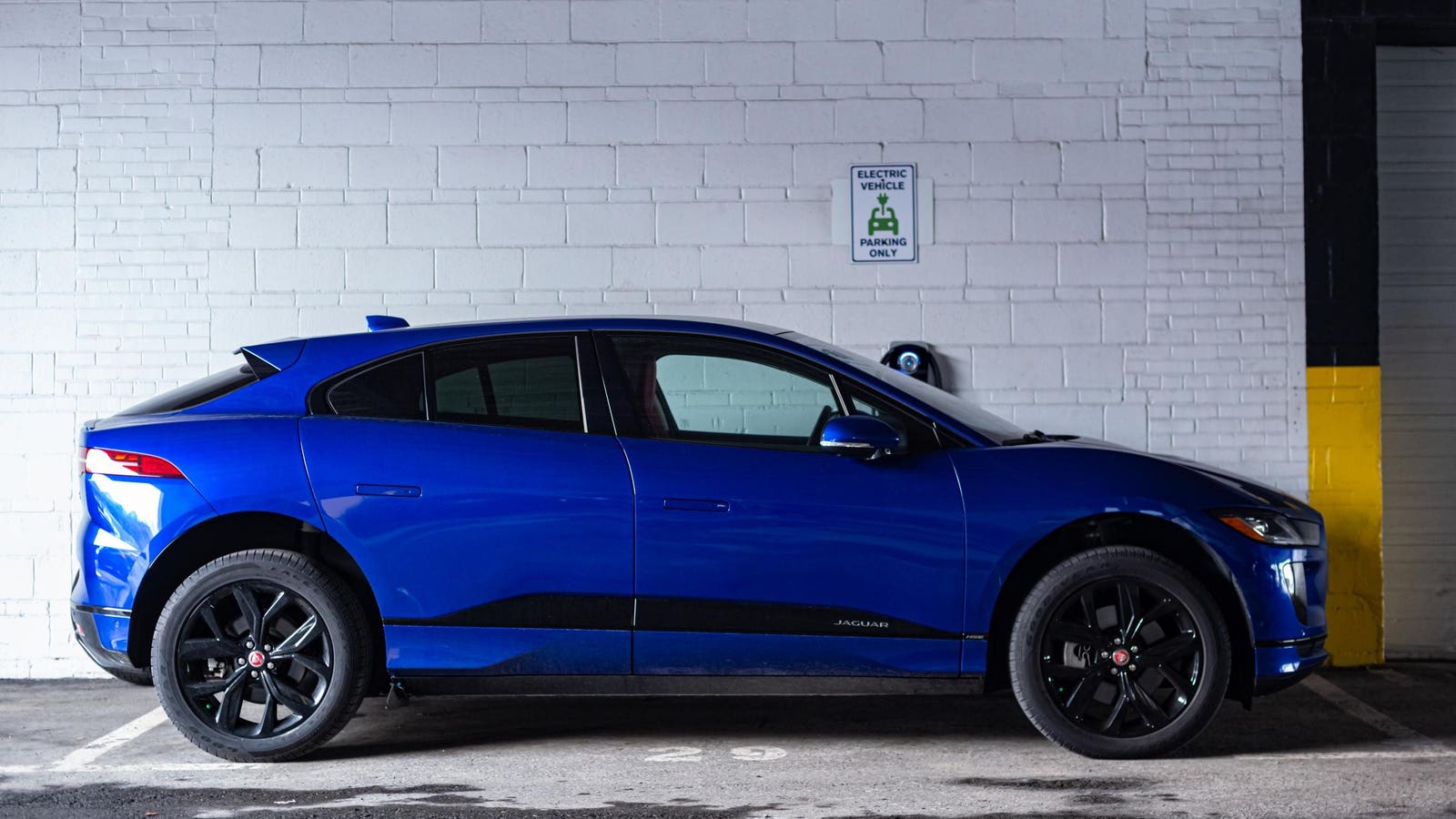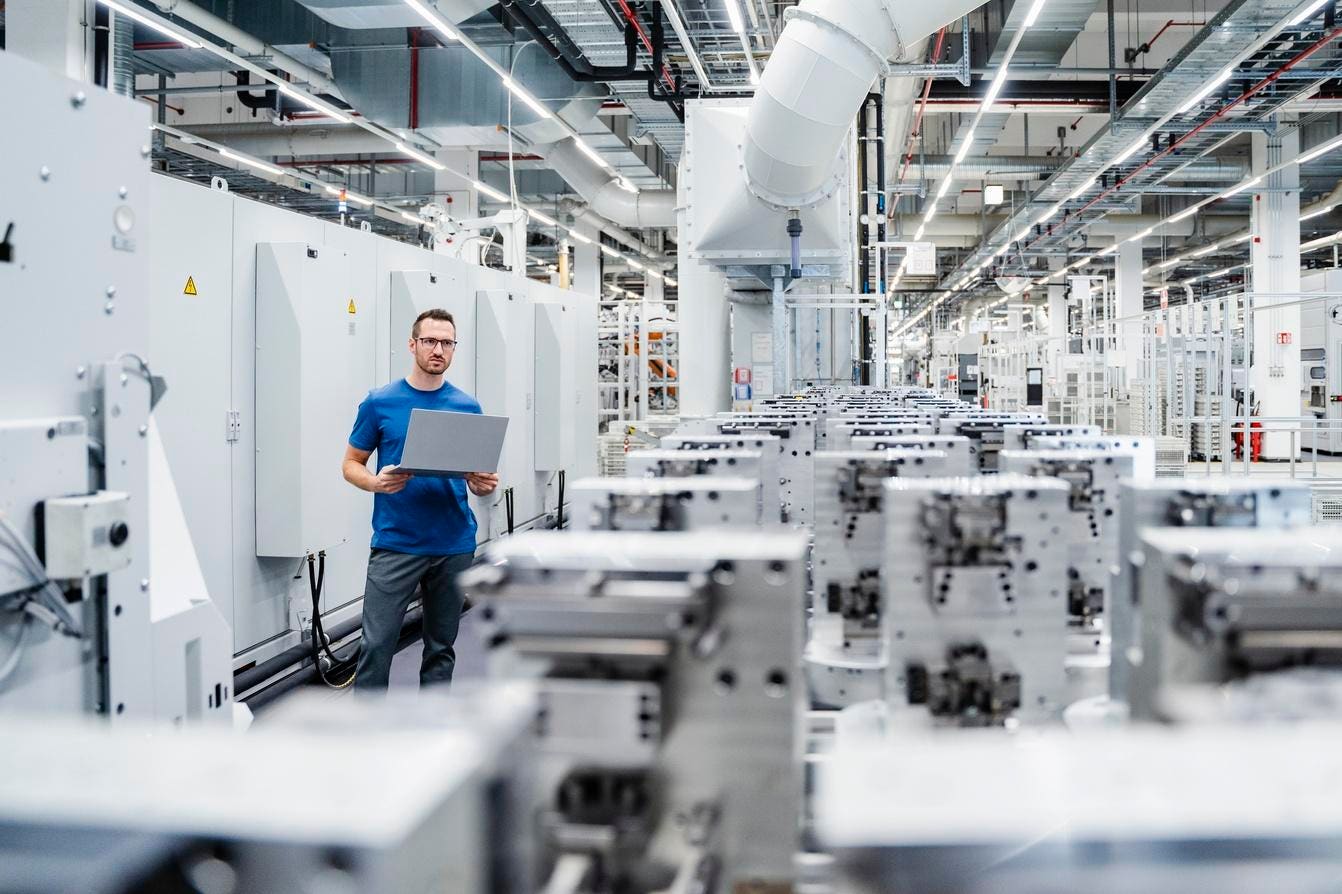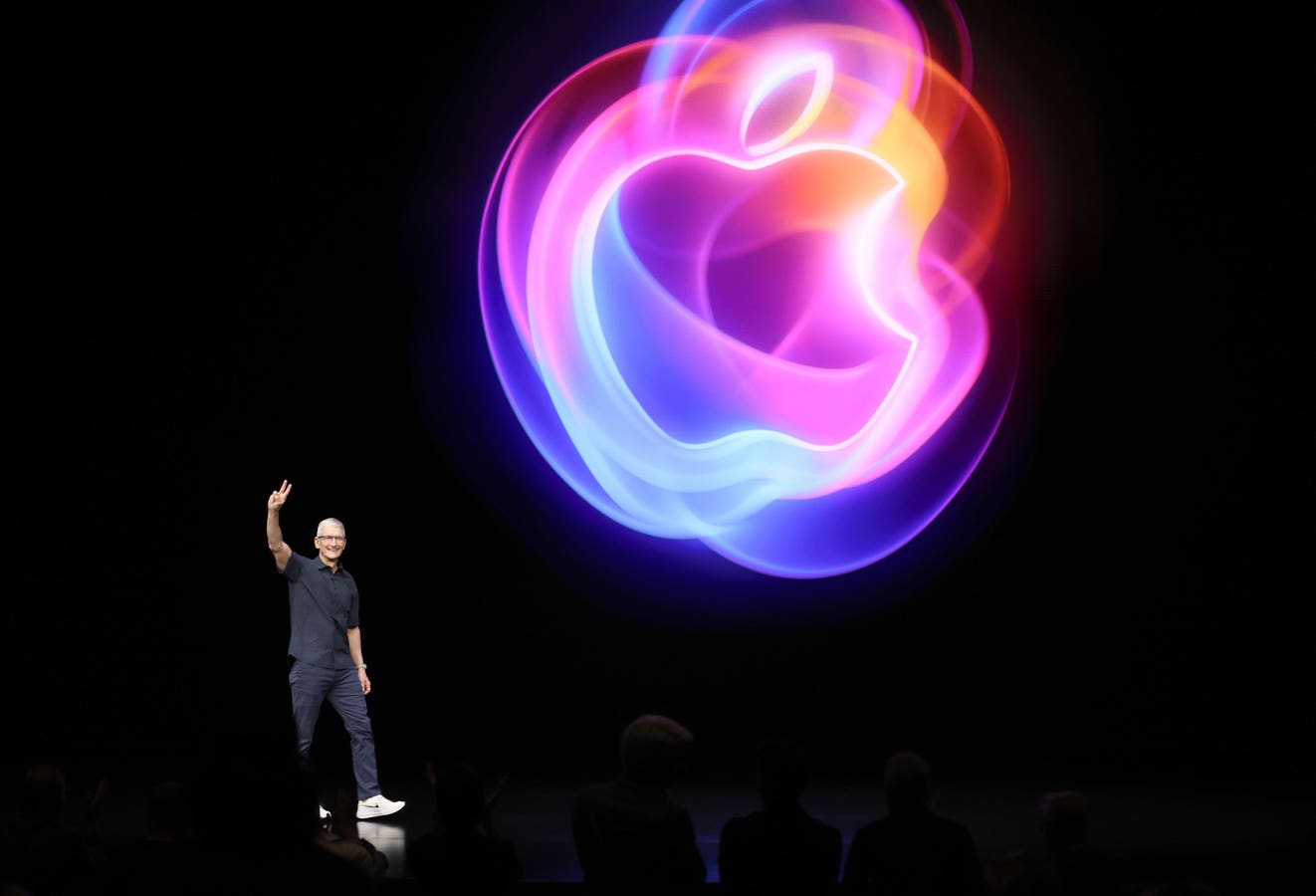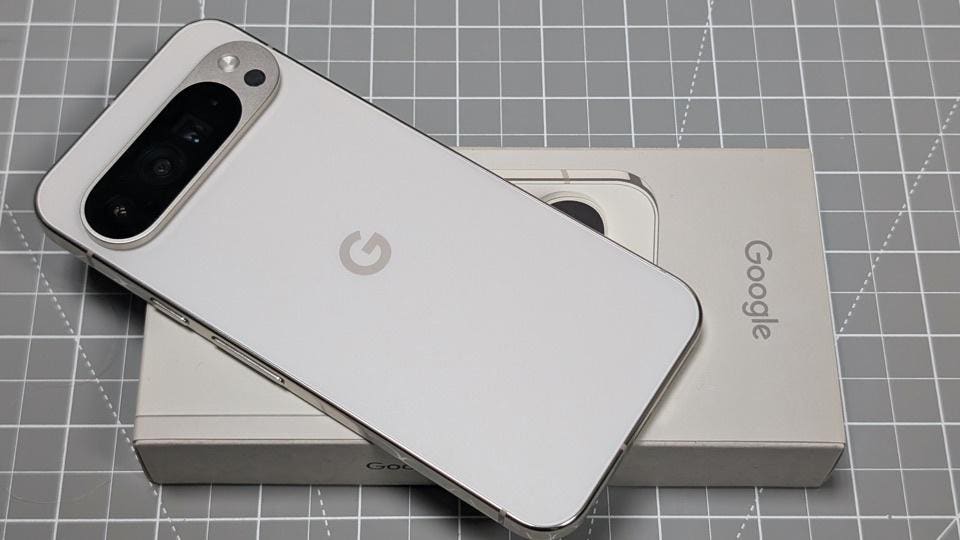A report shows that a five-year old Jaguar i-Pace EV loses 72.2% of its original value to … More
In previous posts we’ve sang the virtues of shopping for and buying a new vehicle that holds onto its original value tenaciously and will bring back the most cash at trade-in time to help bolster the down payment on one’s next ride.
Kelley Blue Book recently issued its lists of the vehicles from the 2025 model year it’s valuation experts anticipate will depreciate the least over a five-year ownership period, with the best performers in this regard expected to be mainstream trucks, SUVs and sports cars.
Of course, predicting how much or little a given new car, truck or SUV will be worth a half decade down the road is a statistical soothsayer’s challenge that is often subject to unexpected variables. For example, the COVID pandemic shook up both new- and used-car supply and demand to such an extent that resale values of what would otherwise be depreciating assets instead soared to record highs.
A just-released study conducted by the online vehicle marketplace iSeeCars.com took another approach by instead examining the transaction prices of 800,000 five-year-old used cars sold from March 2024 to February 2025 to determine how much of their original values have actually been lost (or preserved, depending on one’s viewpoint) over a half-decade on the road.
Since iSeeCars’ list of the top performers with regard to five-year resale values is also populated primarily by mainstream pickups, SUVs and sports cars we decided to instead focus on other side of the ledger. To that end, we’re featuring the list of 25 models that have slammed their owners with biggest average rates of depreciation during a five-year ownership period. Here, the rogues gallery of the industry’s biggest losers is dominated by luxury vehicles that traditionally tend to drop in value quicker than those from mainstream brands.
“While a premium badge and the increased performance or luxury features that come with it are often sought out by new car buyers, the used car market doesn’t prioritize those traits to the same degree, thus the consistently higher depreciation for luxury models,” explains iSeeCars Executive Analyst Karl Brauer.
The rogues gallery also includes a number of full-electric vehicles that, like most cutting-edge tech-driven commodities, tend not to age gracefully. The model iSeeCars says suffers the biggest drop in resale value is the kilowatt-powered Jaguar i-Pace luxury SUV, which loses a whopping 72.2% of its original MSRP. That represents an average $51,953 lost to depreciation. According to the website’s data, the overall depreciation rate among five-year-old electric cars is a stiff 58.8%, compared to the industry average of 45.6% among all vehicle segments.
Likely coming of no surprise to anyone who follows the news these days is that three of the worst offenders in this regard come from beleaguered Tesla and the fallout from eccentric CEO Elon Musk’s foray into federal governance. According to iSeeCars, Tesla’s Model S, Model X and Model Y have lost 65.2%, 63.4% and 60.4% of their original MSRPs over a half decade. “Even Tesla’s Model 3, with the lowest rate of depreciation among electric vehicles, is over 10% higher than the industry average, and it only gets worse from there for EVs,” says Brauer.
The fine print: iSeeCars’ results are based on transaction prices of 800,000 five-year-old vehicles sold from March 2024 to February 2025, with the exception of heavy-duty trucks and vans, cars and trucks no longer in production as of the 2024 model year and low-volume models MSRPs were inflation-adjusted to 2025 dollars based on data from the US Bureau of Labor Statistics. The difference in average asking price for each vehicle between its MSRP and its used car pricing was mathematically modeled to obtain the vehicle’s depreciation.
The 25 Vehicles With The Worst Five-Year Resale Values
- Jaguar i-Pace EV: 72% ($51,953) of MSRP lost
- BMW 7 Series sedan: 67.1% ($65,249) of MSRP lost
- Tesla Model S EV: 65.2% ($52,165) of MSRP lost
- Infiniti QX80 SUV: 65.0% ($53,571) of MSRP lost
- Maserati Ghibli sedan: 64.7% ($70,874) of MSRP lost
- BMW 5 Series hybrid: 64.7% ($47,457) of MSRP lost
- Nissan Leaf EV: 64.1% ($18,043) of MSRP lost
- Maserati Levante SUV: 63.7% ($64,991) of MSRP lost
- Tesla Model X EV: 63.4% ($53,846) of MSRP lost
- Cadillac Escalade ESV SUV: 62.9% ($56,996) of MSRP lost
- Land Rover Range Rover SUV: 62.9% ($67,858) of MSRP lost
- Audi A8L sedan: 62.7% ($57,724) of MSRP lost
- BMW 5 Series sedan: 61.7% ($36,208) of MSRP lost
- Audi Q7 SUV: 61.6% ($37,256) of MSRP lost
- Infiniti QX60 SUV: 61.5% ($30,888) of MSRP lost
- Cadillac Escalade SUV: 61.0% ($53,548) of MSRP lost
- Audi A6 sedan: 60.9% ($35,401) of MSRP lost
- Land Rover Discovery SUV:60.9% ($36,635) of MSRP lost
- Mercedes-Benz S-Class sedan: 60.7% ($71,460) of MSRP lost
- Audi A7 sedan: 60.5% ($43,435) of MSRP lost
- Tesla Model Y EV: 60.4% (-$36,225 of MSRP) lost
- Lincoln Navigator L SUV: 60.3% ($62,069 of MSRP) lost
- Porsche Taycan EV: 60.1% ($59,691 of MSRP) lost
- Nissan Armada SUV: 60.0% ($33,914 of MSRP) lost
- Ford Expedition MAX: 60.0% ($36,692 of MSRP) lost
Source: iSeeCars.com. Click here to access the complete study, broken down by overall winners and losers and by-category results.








